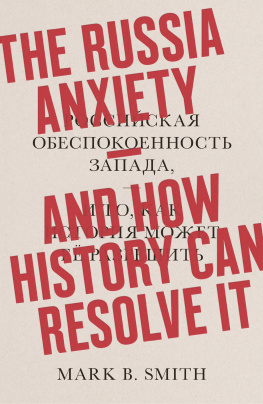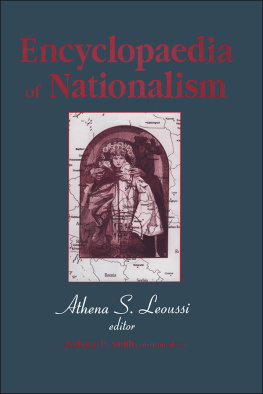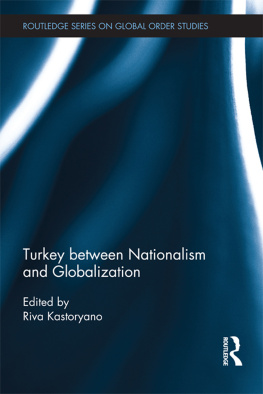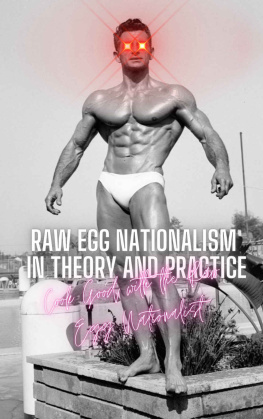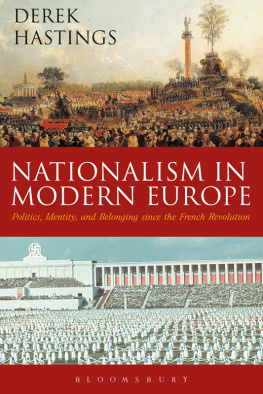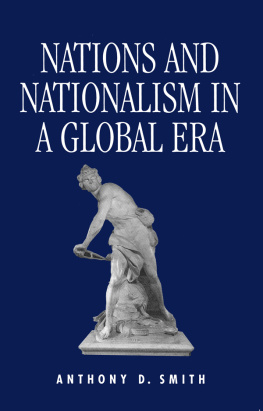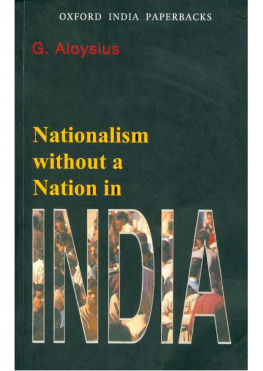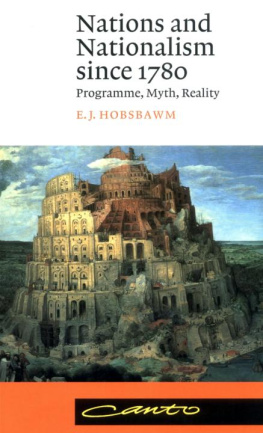Key Concepts series
Barbara Adam, Time
Alan Aldridge, Consumption
Alan Aldridge, The Market
Jakob Arnoldi, Risk
Colin Barnes and Geof Mercer, Disability
Darin Barney, The Network Society
Mildred Blaxter, Health 2nd edition
Harriet Bradley, Gender
Harry Brighouse, Justice
Mnica Brito Vieira and David Runciman, Representation
Steve Bruce, Fundamentalism 2nd edition
Margaret Canovan, The People
Alejandro Cols, Empire
Anthony Elliott, Concepts of the Self 2nd edition
Steve Fenton, Ethnicity 2nd edition
Katrin Flikschuh, Freedom
Michael Freeman, Human Rights
Russell Hardin, Trust
Geoffrey Ingham, Capitalism
Fred Inglis, Culture
Robert H. Jackson, Sovereignty
Jennifer Jackson Preece, Minority Rights
Gill Jones, Youth
Paul Kelly, Liberalism
Anne Mette Kjr, Governance
Ruth Lister, Poverty
Jon Mandle, Global Justice
Anthony Payne and Nicola Phillips, Development
Judith Phillips, Care
Michael Saward, Democracy
John Scott, Power
Anthony D. Smith, Nationalism 2nd edition
Stuart White, Equality
Copyright Anthony D. Smith 2010
The right of Anthony D. Smith to be identified as Author of this Work has been asserted in accordance with the UK Copyright, Designs and Patents Act 1988.
First edition published in 2001 by Polity Press
This edition first published in 2010 by Polity Press
Polity Press
65 Bridge Street
Cambridge CB2 1UR, UK
Polity Press
350 Main Street
Malden, MA 02148, USA
All rights reserved. Except for the quotation of short passages for the purpose of criticism and review, no part of this publication may be reproduced, stored in a retrieval system, or transmitted, in any form or by any means, electronic, mechanical, photocopying, recording or otherwise, without the prior permission of the publisher.
ISBN-13: 978-0-7456-5127-9
ISBN-13: 978-0-7456-5128-6 (pb)
ISBN-13: 978-0-7456-5967-1 (Multi-user ebook)
ISBN-13: 978-0-7456-5968-8 (Single-user ebook)
A catalogue record for this book is available from the British Library.
The publisher has used its best endeavours to ensure that the URLs for external websites referred to in this book are correct and active at the time of going to press. However, the publisher has no responsibility for the websites and can make no guarantee that a site will remain live or that the content is or will remain appropriate.
Every effort has been made to trace all copyright holders, but if any have been inadvertently overlooked the publisher will be pleased to include any necessary credits in any subsequent reprint or edition.
For further information on Polity, visit our website:
www.politybooks.com
Preface
This book aims to provide a short introduction to the concept of nationalism. Its purpose is to offer students and readers a critical synthesis of much of the existing scholarship in the field, focusing on the main theoretical contributions rather than the huge corpus of empirical studies. My chief objective is to examine the various theoretical, ideological and historical facets of the concept of nationalism, and the central paradigms of explanation in the field. Inevitably, this has meant shifting the focus of attention in the later chapters from nationalism, understood as an ideology, movement and symbolic language, to the object of its concerns, the nation, understood both as a contested concept and as a form of community and institutional behaviour. In practice, the two concepts are closely related, but I believe it is important not to conflate them, especially as it is possible to discern different forms of the category of the nation prior to the appearance of the ideology of nationalism, and outside the area of the latters provenance.
In a short book of this kind, I make no claims to comprehensive treatment. Inevitably, certain areas have been neglected or omitted. For the debates on such topics as liberalism and nationalism, or gender and nation, the reader is asked to consult the already large literatures in these subfields, as well as my general discussions in Nationalism and Modernism . Similarly, while the overall organization and tone of the book reflects my own views as an active participant in the debates on nations and nationalism, my primary concern with tracing the lines of these debates, especially in chapter 4, has meant that less space was available for developing my own views on the subject. Nevertheless, I have tried to sketch, in chapter 5, an alternative history of the nation. I hope also to have been able to convey something of the passion and complexity of the debates in the field over the last half century, while providing a clear framework for grasping the different contributions to the study of nationalism.
I should like to express my thanks to John Thompson and Polity for asking me to contribute to their series on Key Concepts in the social sciences, and to Seeta Persaud for her help in preparing the typescript. For any errors and omissions, however, as well as for the views expressed, the responsibility is entirely mine.
Anthony D. Smith
London School of Economics
The countries of Syria and Nubia, the land of Egypt,
Thou settest every man in his place
Thou suppliest their necessities:
Everyone has his food, and his time of life is reckoned.
Their tongues are separate in speech,
And their natures as well;
Their skins are distinguished,
As thou distinguishest the foreign peoples.
All foreign distant countries, thou makest their life (also)
For thou hast set a Nile in heaven,
The Nile in heaven, it is for the foreign peoples
(From The Hymn to the Aton )
Introduction
This short book aims to introduce the concept of nationalism to readers and students for whom the field is unfamiliar. It focuses on nationalism primarily as an ideology, but also as a social movement and symbolic language, and explores its meanings, varieties and sources. Inevitably, this entails a consideration of related concepts, such as the nation, national identity and the national state. As a result, the scope of this work is broad and necessarily interdisciplinary: in particular, it draws on the disciplines of history, sociology, political science, international relations and, to a certain extent, anthropology. The latter is included because some attention needs to be given to the cognate field of ethnicity; for, as I hope to show, ethnic identities and communities constitute a large part of the historical and social background of nations and nationalism.
The significance of this topic should not be in doubt to anyone even mildly familiar with events since the fall of the Berlin Wall in l989. Few of the many international political crises of the last decade or so have not involved a strong component of ethnic sentiment and nationalist aspiration, while some of them notably those in the former Yugoslavia, the Caucasus, the Indian sub-continent and the Middle East have been triggered, and even defined, by such sentiments and aspirations. These have proved to be the most bitter and intractable conflicts, the most costly in terms of lives and resources, the most resistant to the efforts of governments and others to accommodate the interests of the respective parties, and the most impervious to the blandishments and threats of friend and foe.
But, beyond the headlines, with their descriptions of the conflict and violence of hot nationalisms, we encounter a more stable and taken-for-granted structure of inter-national relations, which shape and channel the processes and events of the modern world. This is something which is often referred to as a world of nations. By such a phrase is meant not some essentialist reification of nations or nation-states, but, rather, a political map and institutional and emotional framework in and through which personalities, events and wider processes of change leave their mark and contribute to the transformations that have forged, and continue to shape, the contemporary world. Michael Billig (1995) refers to this map and framework in terms of an everyday, banal nationalism, one that is habitually enhabited in society ingrained into the very texture of our lives and politics, ever-present, if barely visible, like unwaved flags.







